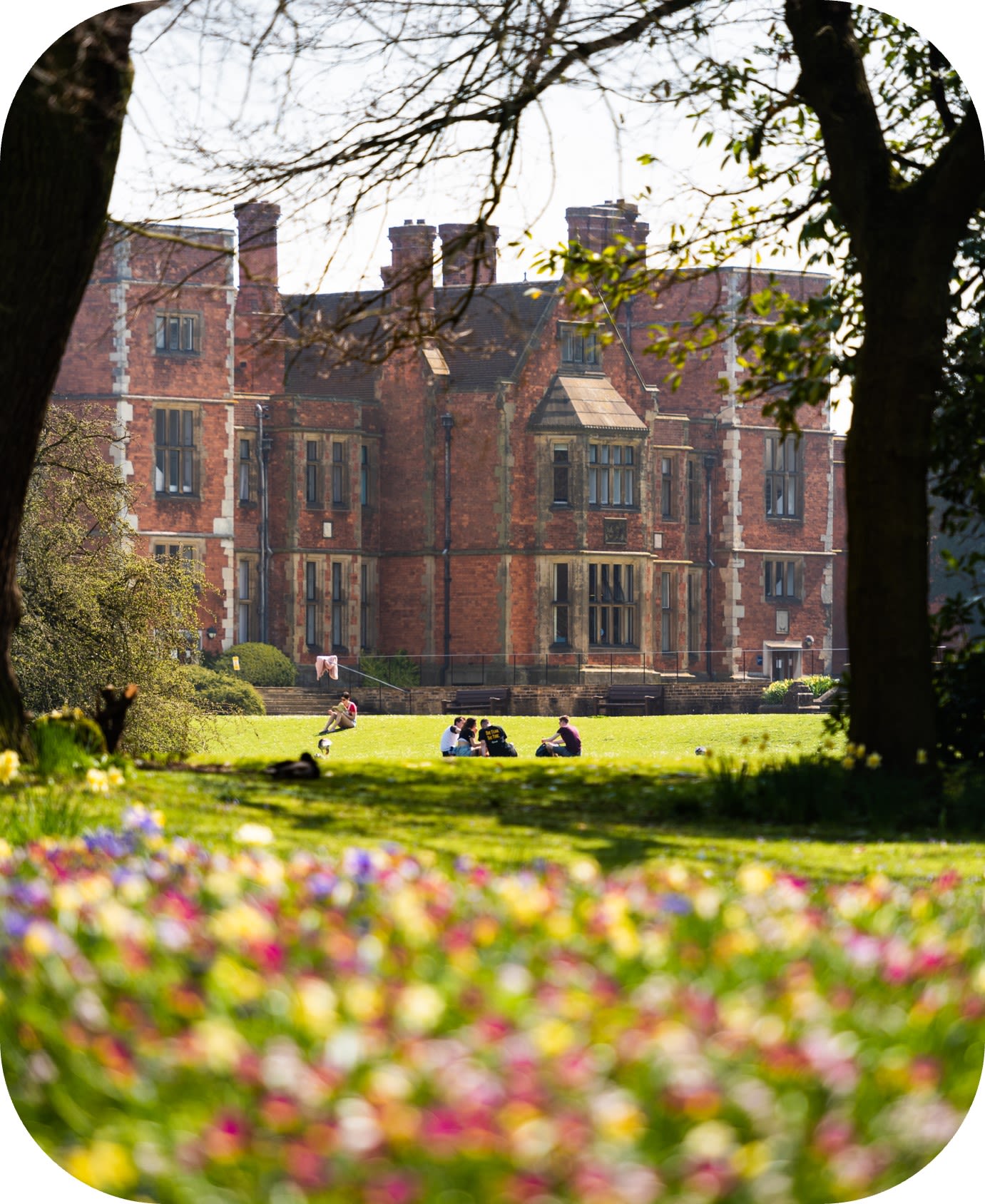An annual progress report on the Sustainability Plan at the University of York in 2021/22
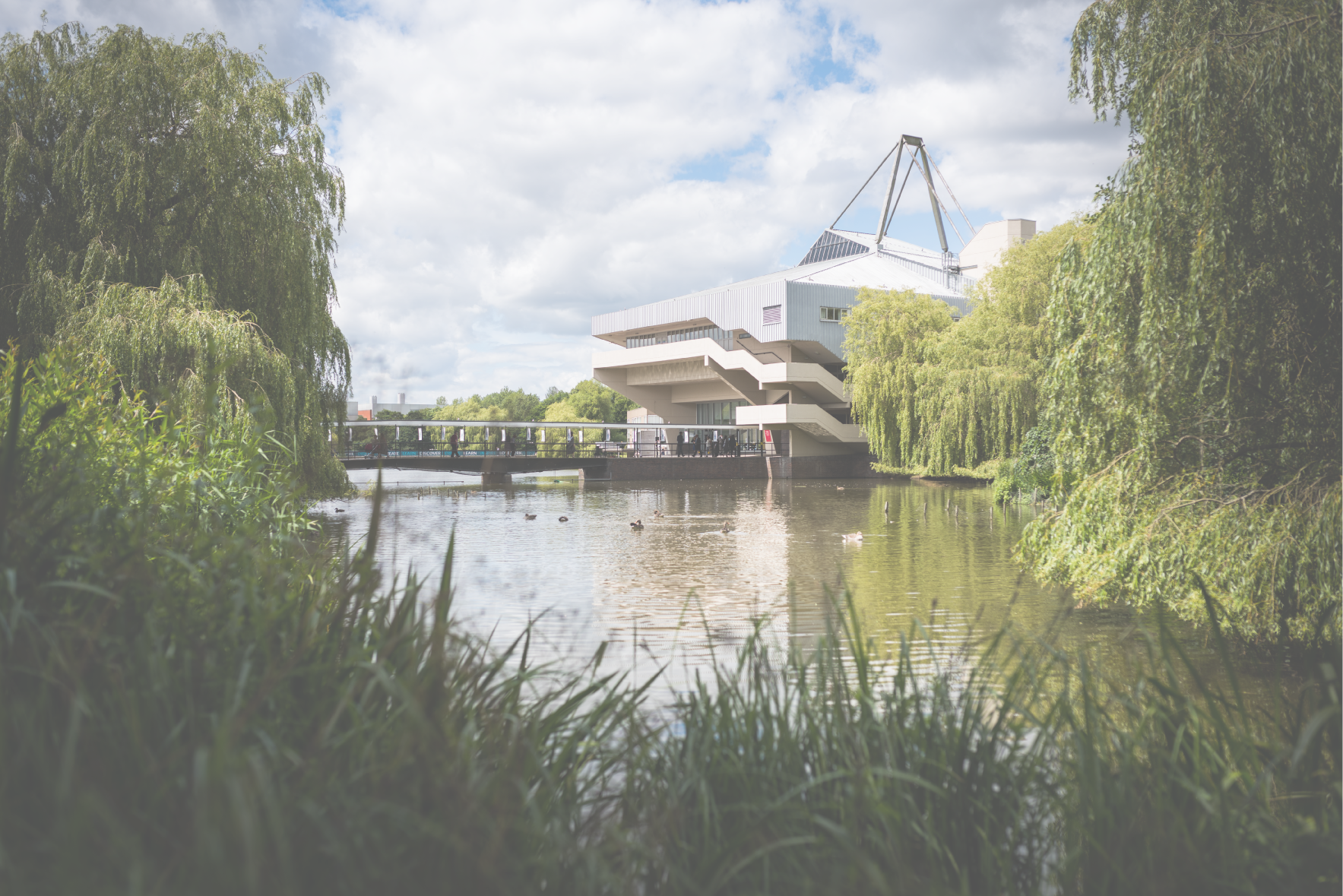
Welcome to the first University of York Sustainability Plan progress report
As part of our commitment to communicate transparently on developments in relation to the University’s Sustainability Plan, we are pleased to present this first annual summary.
Following the October 2021 launch of our 2021-2030 Sustainability Plan, we have worked diligently on creating a governance structure, including a Sustainability Steering Group, to establish a solid foundation for embedding sustainability and the Plan into University life. This report showcases a small selection of our achievements as well as providing an account of our progress against all of our plan targets during this first year, which are aligned to the principles of the United Nations Sustainable Development Goals (SDGs).
While we have made significant progress we acknowledge that there is still a lot to be done. I’m very proud of what we have achieved so far, and strongly believe that we are in a better position to achieve our sustainability ambitions than ever before.
As we look forward, as a community of students, staff and external partners we will continue to identify opportunities to further drive sustainability alongside the 2021-2030 Sustainability Plan.
Professor Matthias Ruth
Pro-Vice-Chancellor for Research and Chair of University of York Sustainability Steering Group
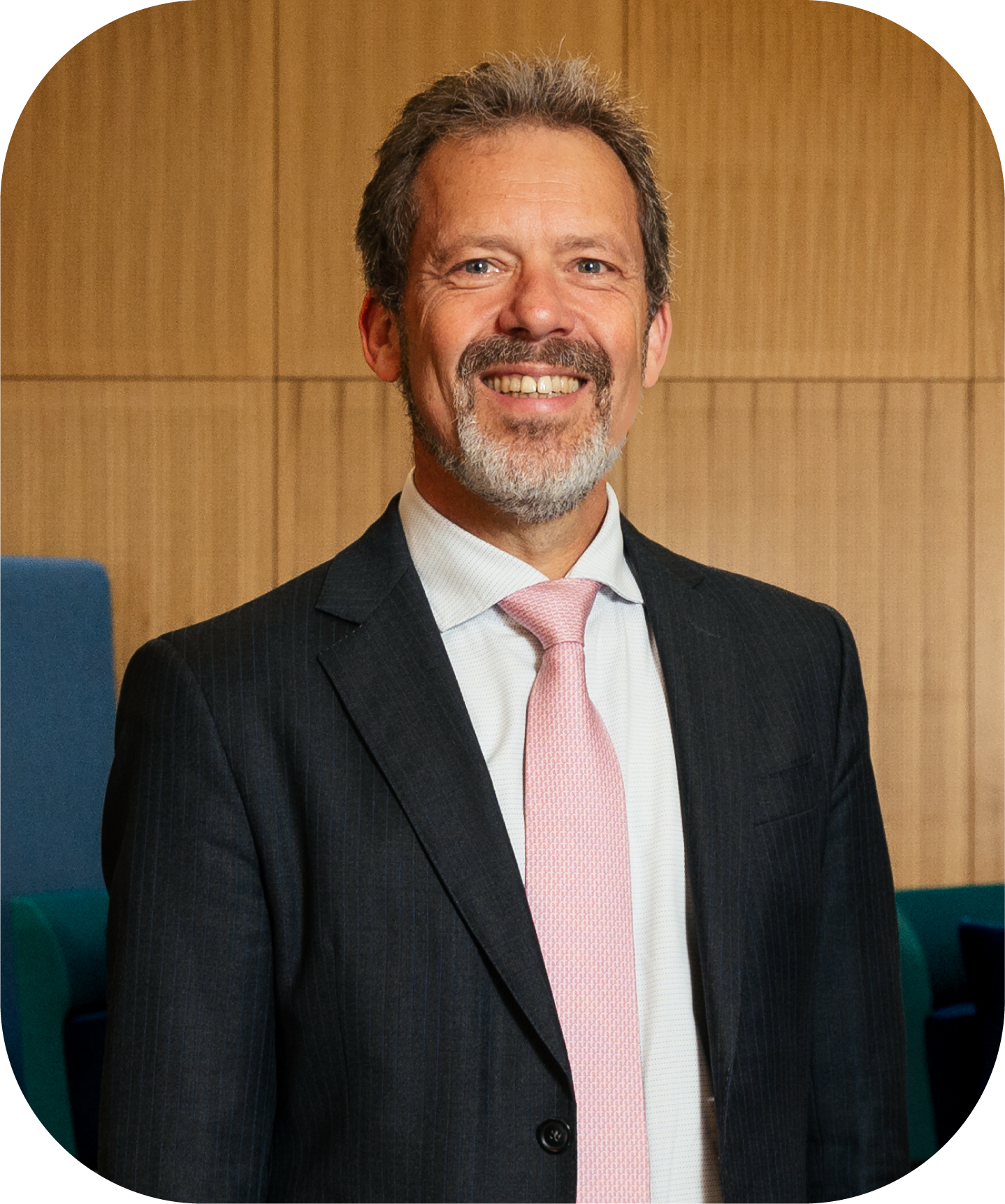
The Sustainability Plan
The Sustainability Plan 2021-2030 outlines how we aim to tackle the current and future challenges we face in order to become a more sustainable institution.
Sustainability crosses many boundaries and although Environmental Sustainability is a guiding principle within the main University Strategy, and the main goals and targets stated in the Sustainability Plan are more focussed towards environmental improvements, we recognise that environmental sustainability cannot be fully realised without addressing sustainability in its full context. To ensure we support the global sustainability agenda, our plan is framed around the UN Sustainable Development Goals (SDGs) that are categorised into 17 areas of sustainability. During the development of our plan, we prioritised specific SDGs where we knew we could make the most significant impact and used these SDG themes to focus our actions, missions and goals.
Published in October 2021, the plan is fast becoming embedded in our core functions through its focus on teaching, research, resources, partnerships, health and wellbeing, and climate impact.
This report shines the spotlight on specific areas of success, showcases some of the multitude of ongoing initiatives and campaigns, as well as summarising the progress of each sustainability theme's goals and individual targets.
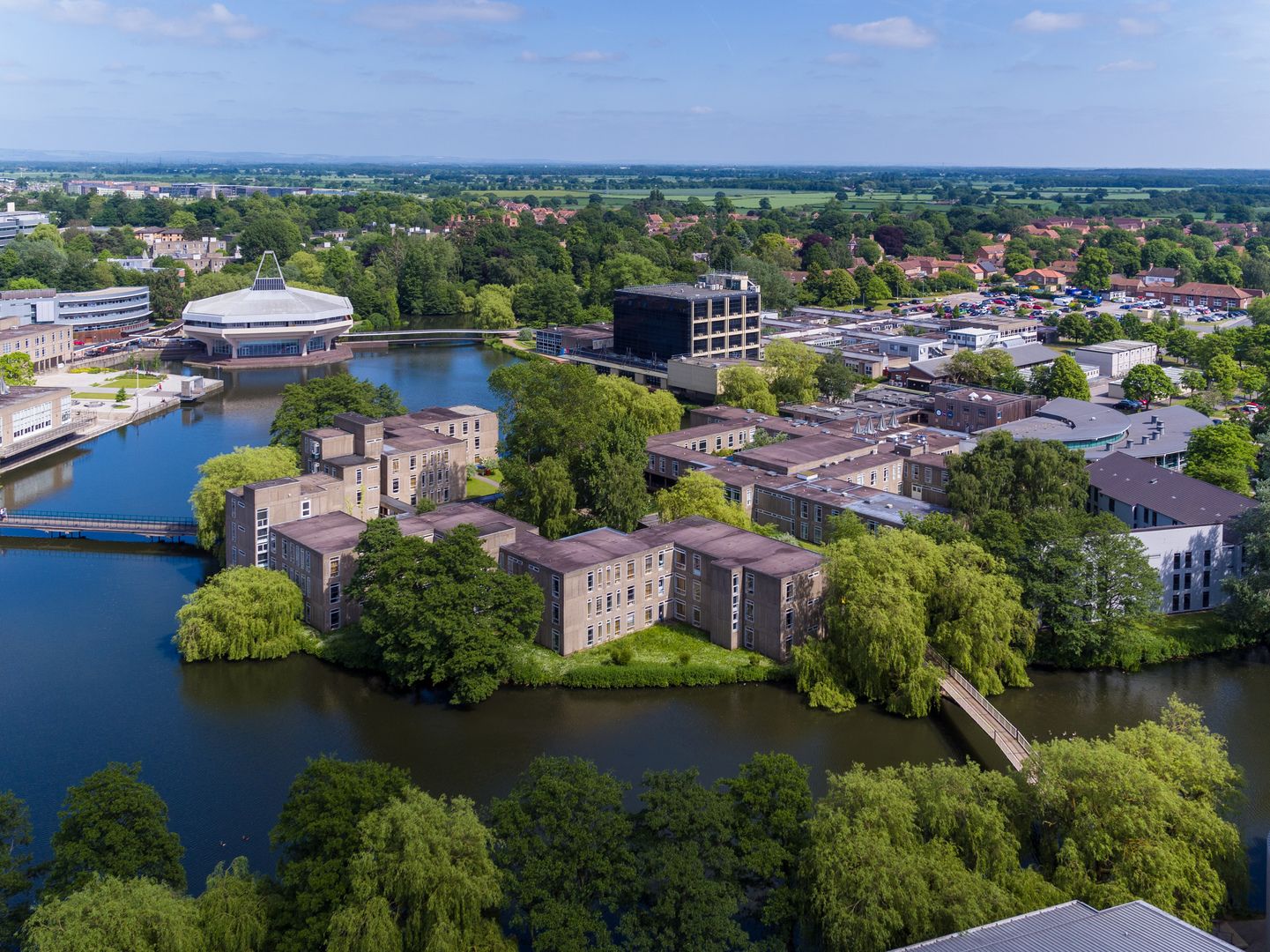
Some of our sustainability statistics from 2021/22
- 53% of main waste recycled
- 17 local businesses occupying space at the Guildhall
- 592 tonnes of carbon savings
- 3,545 trees and hedges planted
- 22,410 hours of student volunteering in the local community
- £150 household energy grant for students
- 1,935 YORCUPS purchased
- £22,809 raised through the Latte Levy
- 12,533 single-use coffee cups recycled
- 52,673 accounts reached using our sustainability social media platforms
- 5,406+ cycle spaces now available on campus
- 60+ events were hosted at the Guildhall
- Carbon scope 1 and 2: reduction against baseline = 14%
- 0% of our waste went to landfill
- 2,126,223 kWh of energy was saved
- 2,500+ visited the York Unlocked Festival at the Guildhall
- 239 people opted in to receive monthly sustainability updates
- Carbon scope 3: carbon reduction 2020/21 against baseline = 41%
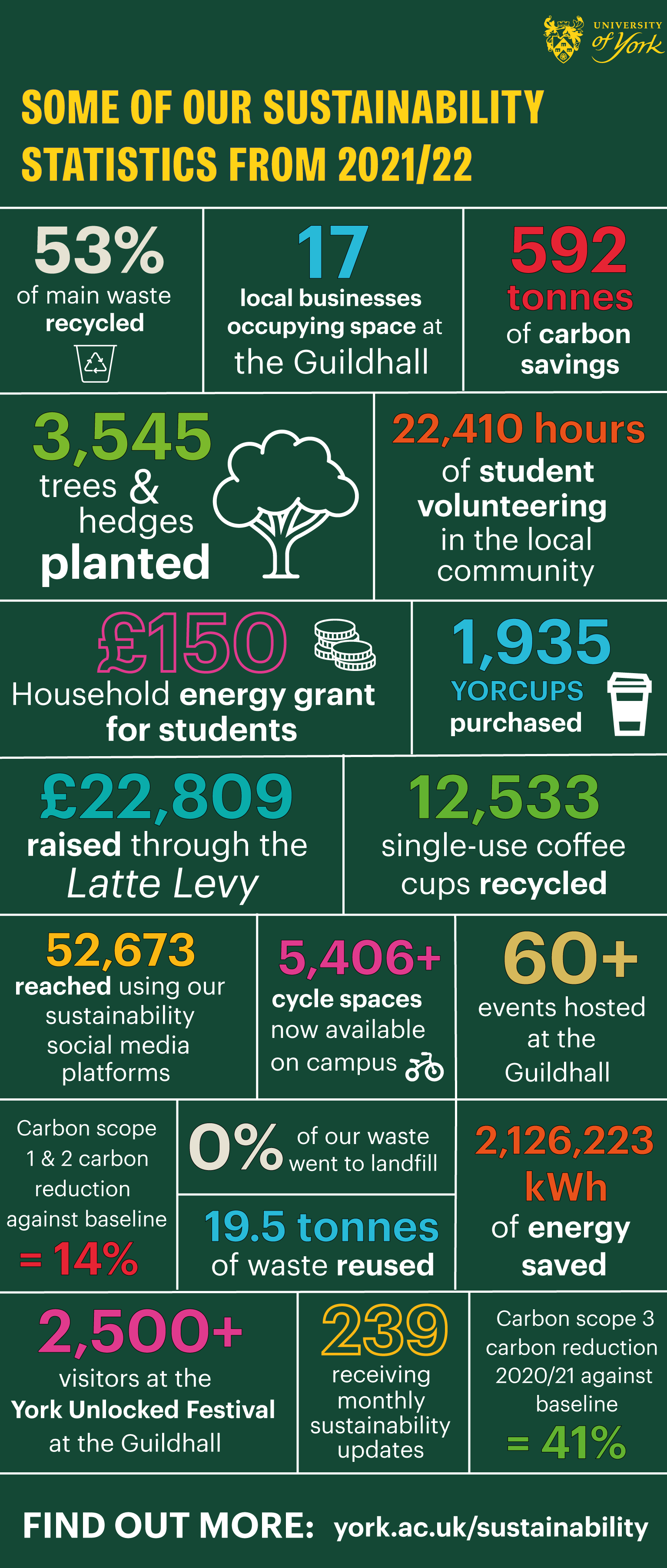
Awards and recognitions
- 17th in the world for Partnerships (THE Impact Rankings)
- Real Living Wage Accreditation
- Gold Award from the British Hedgehog Preservation Society
- Green Flag Award - 10th year running
- Continued ISO 14001 accreditation
- QS Sustainability Rankings - 8th most sustainable University in the UK
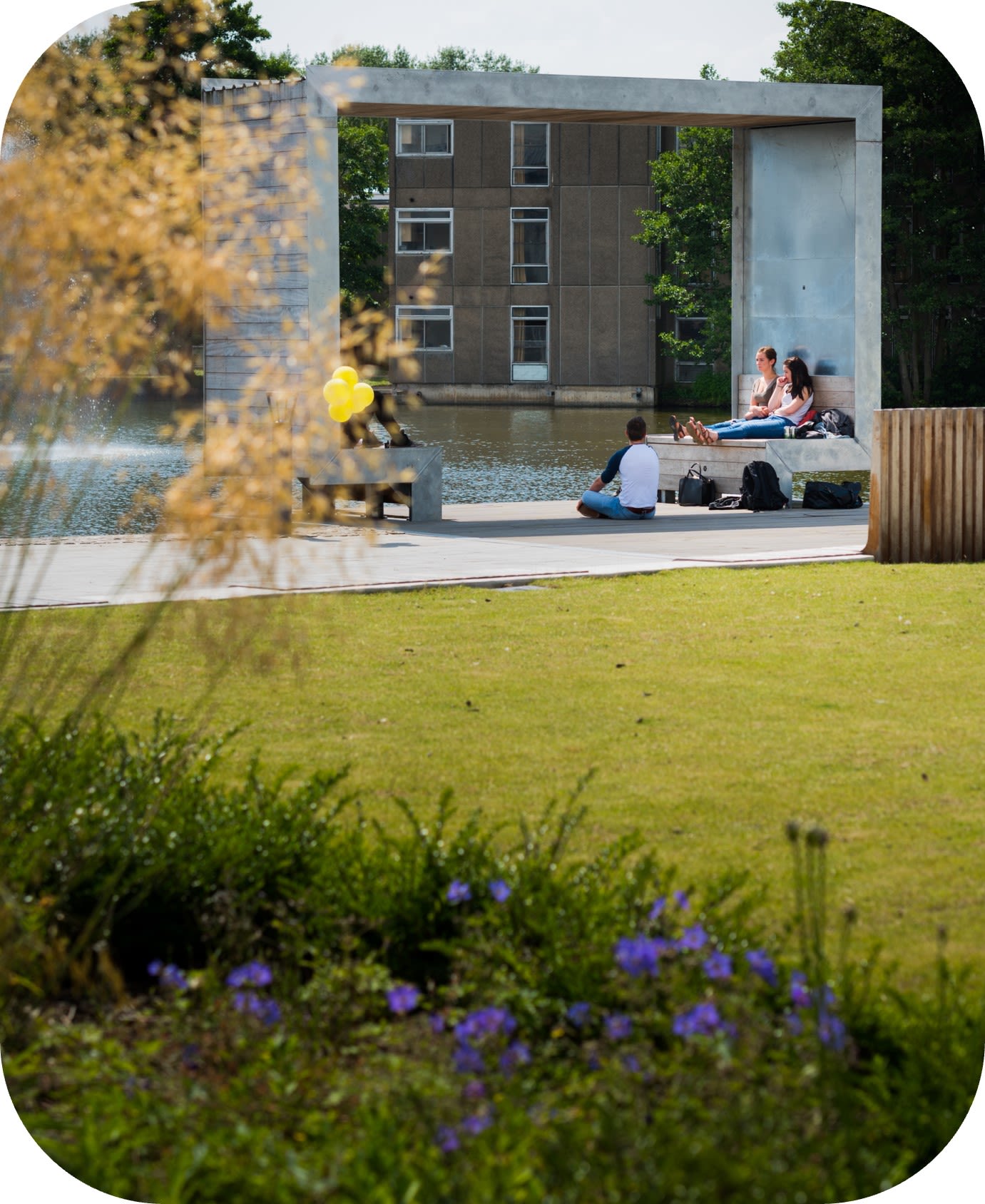
PROJECT SPOTLIGHT
Here we explore in a little more detail some of the specific initiatives this year that are establishing a solid foundation for progressing sustainability in future years at the University
Carbon Literacy Training
Since its inception in June 2021 we have trained 105 of our University community through our Carbon Literacy Project approved Carbon Literacy Training.
This supports our aim to build a carbon literate community; to increase awareness amongst staff and students about carbon and the impacts that behavioural actions have, as well as how it will affect themselves and others, both geographically and within their own academic or professional setting.
Expanding on the original externally provided carbon literacy training we have instigated a programme of train the trainer, accrediting six students and two staff members to become internal Carbon Literacy Trainers themselves. Transferring more valuable skills to our community and enabling even more participants to be trained.
Sharing skills, knowledge and best practice with our staff and students will result in an ever growing carbon literate community.
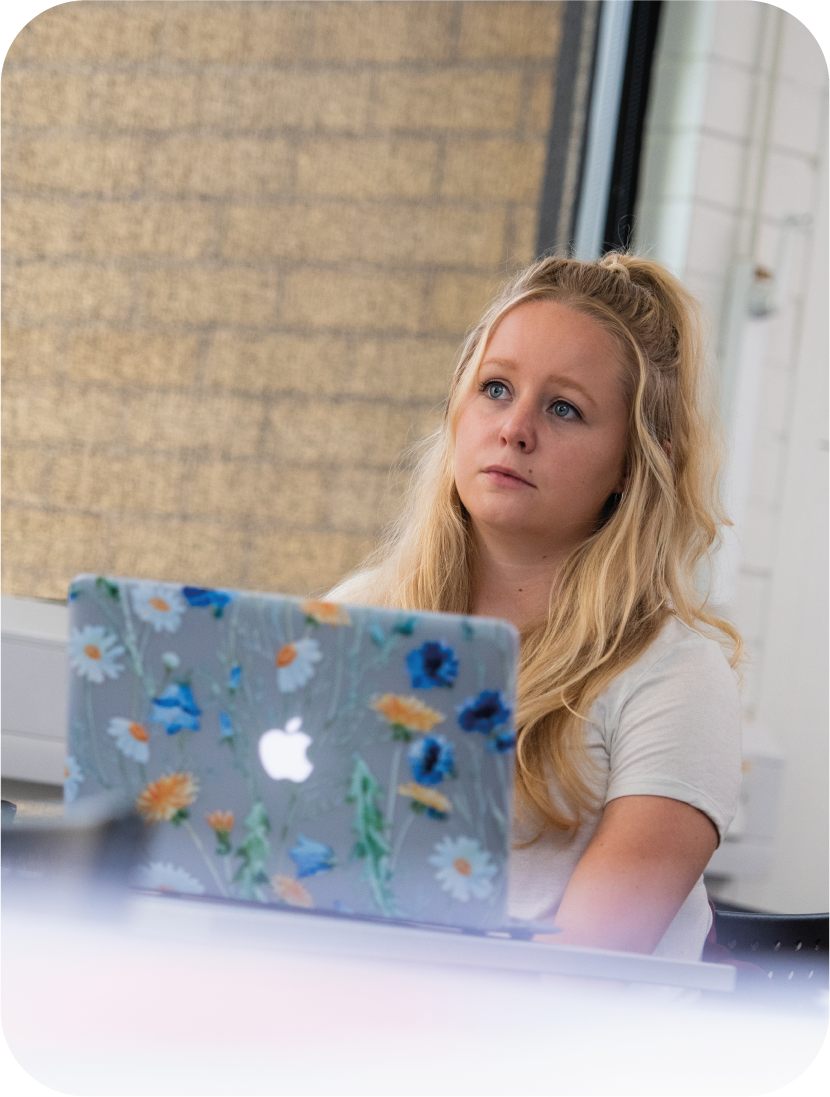
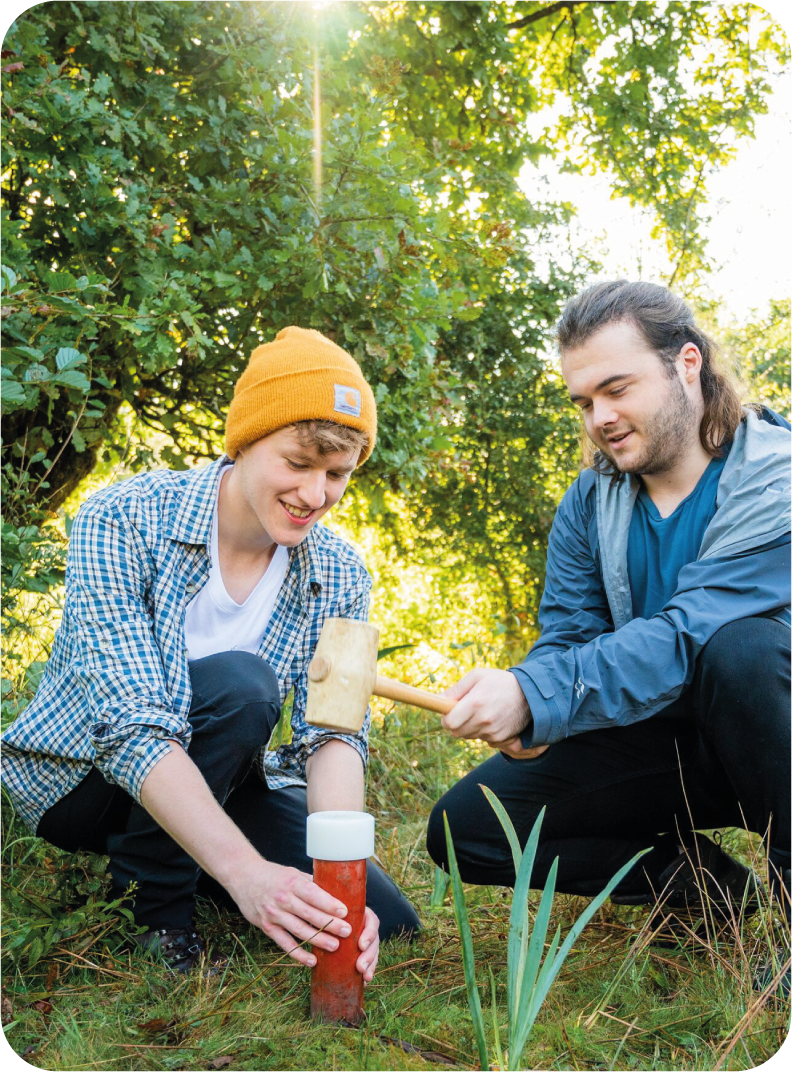
Cohering Environmental Sustainability at York
In October 2021, coinciding with the launch of the Sustainability Plan 2021-2030, a new mechanism was launched to support a more cohesive approach to sustainability. The Environmental Sustainability Academy at York (ESAY) initiative is leading on new developments around teaching, cohering activities with those on research, policy and operations. It is one of the first achievements in the new Plan and has allowed the development of several other initiatives.
Its mission is to cohere environmental sustainability teaching, research, and operational practices across the University of York and with external partners. This will be achieved by improving connections and facilitating opportunities to promote the development of new collaborative environmental sustainability initiatives and impact.
Several initiatives have already been implemented as a result, including:
- Sustainability Clinic (students advising community partners)
- York Living Labs
- Funding of the interdisciplinary environmental sustainability research Fellows programme through YESI
- Developing new interdisciplinary sustainability modules and teaching programmes.
York Living Labs
2022 saw the launch of York Living Labs (YLL), which brings together our community to develop solutions to sustainability problems on campus, as well as using the campus as a test bed for wider impact improvements.
They also aim to empower and motivate everyone in our community to drive change towards sustainability.
The YLL are based around specific sustainability focus areas, identified and delivered by the University community to ensure the following outcomes are achieved:
- Create new knowledge
- Get students involved
- Linkages between operations, teaching and research
- Knowledge sharing
- Promote change
In the Summer of 2022 we successfully ran a YLL Biodiversity Living Labs pilot project, drawing together our teaching and estate operations. The project provided five student interns with real-world training in biodiversity surveying. The interns put their new skills into action by contributing to a campus-wide ecological baseline assessment, undertaken as part of the UoY Sustainability Plan, to make measurable improvements in biodiversity on campus.
Alongside the pilot, we ran a supporting social media campaign (#KnowYorCampus), which was seen more than 250,000 times across Facebook, Twitter, LinkedIn and Instagram and generated more than 15,000 likes, comments and shares. YLL hopes that the pilot project will encourage our entire university community to connect with our natural environment and raise awareness of biodiversity on campus.
Moving forwards, we are establishing a management committee to formalise the biodiversity YLL focus area and are exploring options for new YLL focus areas.
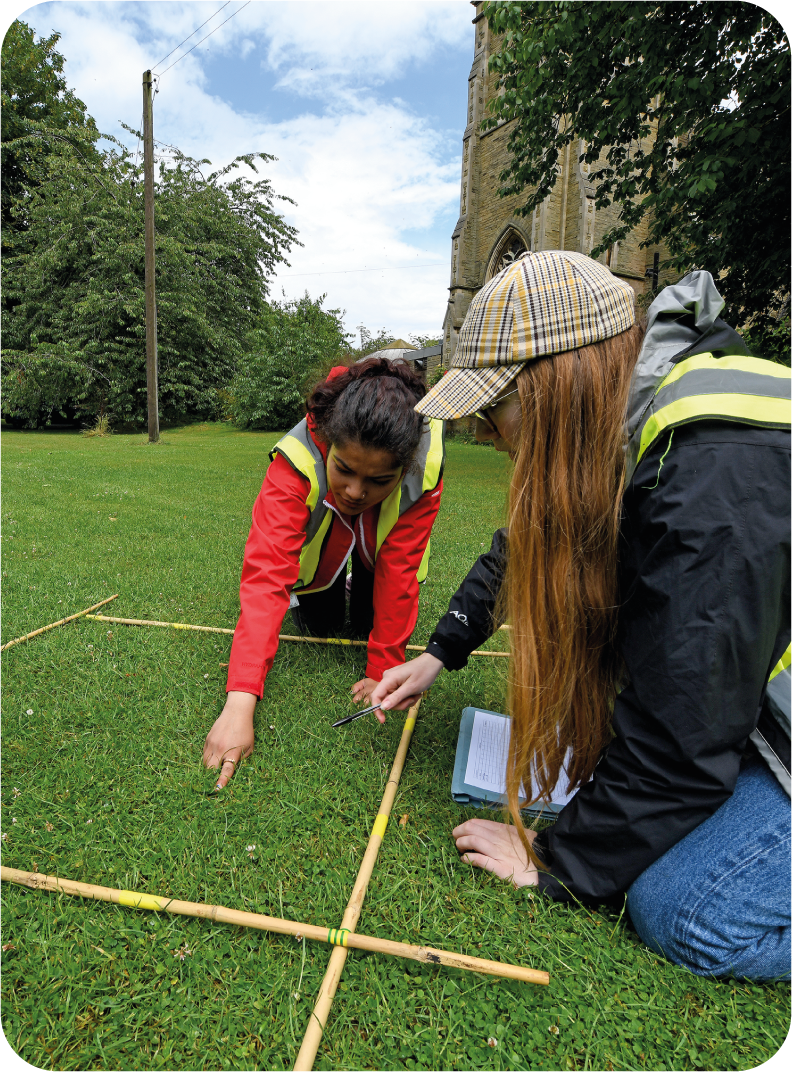
Green Impact
Green Impact is a sustainability accreditation programme for staff and students that rewards sustainable behaviours across the University. It is run by us with the help of SOS-UK (sustainability charity linked to NUS).
Green Impact at York directly contributes towards the University’s Sustainability Plan 2021-2030 by offering teams clear and tangible steps departmental teams can take to align with targets set out in the plan.
In 2022/23 there are over 200 possible sustainability actions in an online toolkit which cover a range of working environments such as home or campus-based offices, labs and colleges.
Teams are also supported to develop their own bespoke projects to tackle a specific sustainability challenge not covered by the toolkit. Completing actions or a project accrue points which determine the award level at the end of the year. Students are also engaged in the programme as trained volunteer project assistants and auditors.
In 2021/22 our Vice-Chancellor Professor Charlie Jeffery presented 24 awards to the teams recognising the 900 sustainability actions, and potential savings of at least 90,000kg CO2 that resulted from their participation in the programme.
“The Green Impact Awards acknowledge the hard work and dedication of our staff teams in continuing to improve sustainability at York, and I was delighted to present 24 awards this year.”
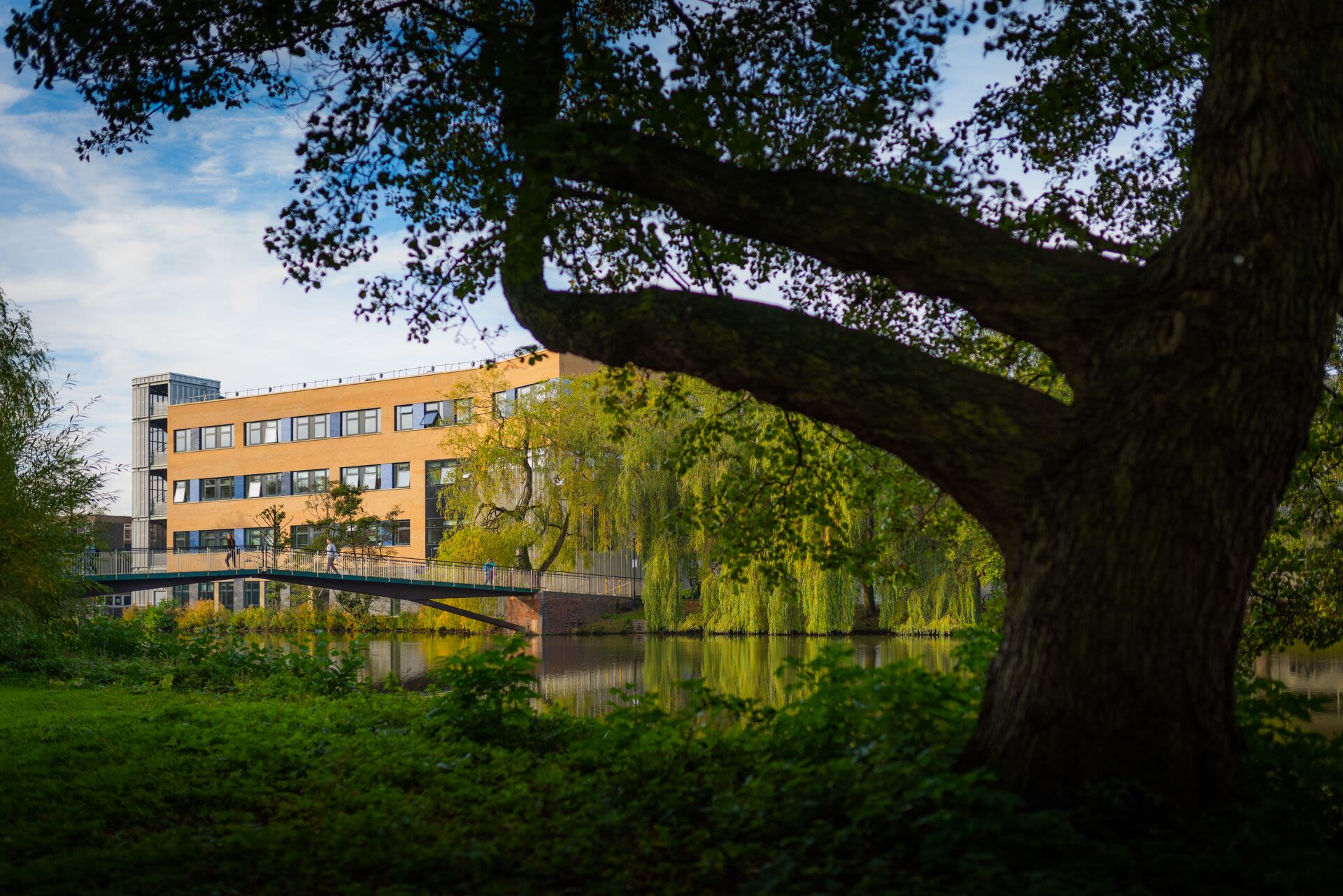
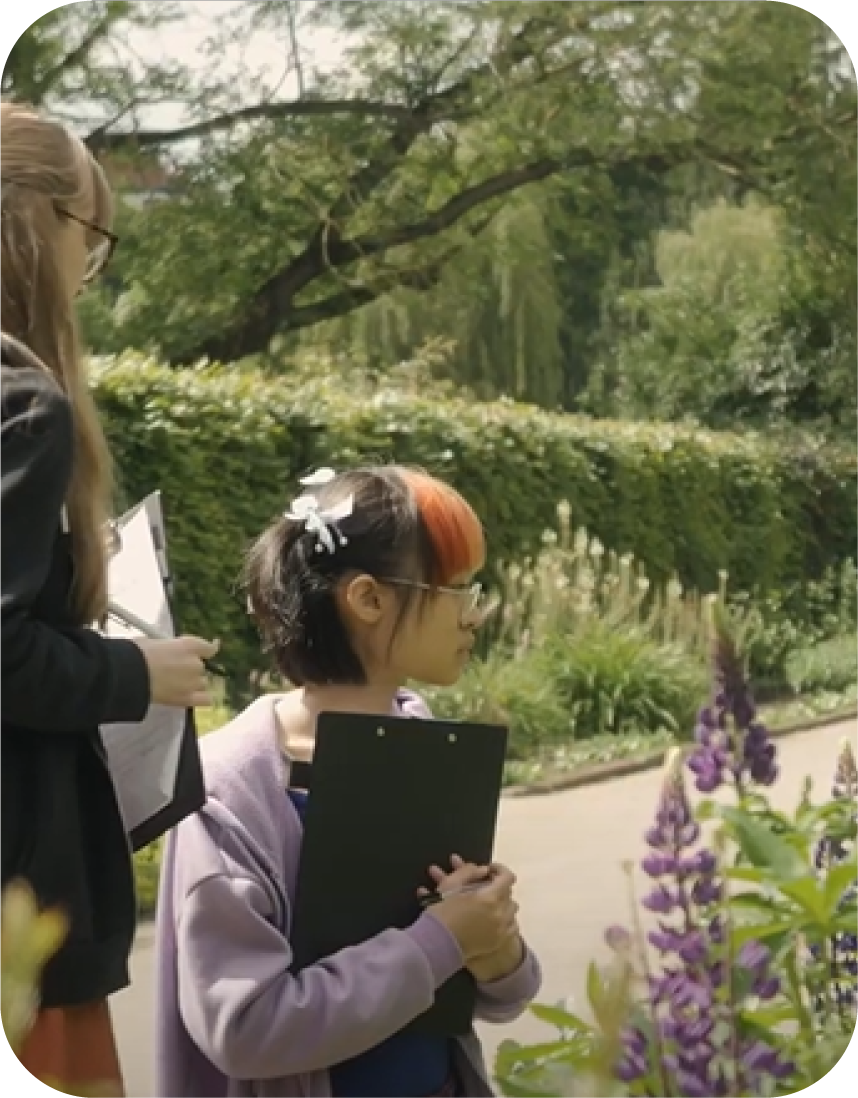
The Sustainability Clinic
The Sustainability Clinic has been established at the University of York by the Environmental Sustainability Academy at York (ESAY) in collaboration with Careers and Placements, the Baroness Hale Law Clinic and York Environmental Sustainability Institute (YESI).
The Clinic gives all York students a credit-bearing opportunity to work on 'live' real-world sustainability problems on behalf of external clients and, in doing so, help local businesses, charities, community groups and individuals to achieve their sustainability goals.
The 2022 Clinic pilot attracted over 80 students from across all three Faculties. It saw our students developing sustainability action plans for local businesses, developing sustainability-related teaching materials for schools, undertaking market research for a start-up circular economy project and undertaking biodiversity surveys in Rowntree Park.
Moving forwards we will have undergraduate (UG) and postgraduate taught (PGT) Clinic modules available to students for the 2023/24 academic year, and will be establishing the Clinic in dedicated space which we hope will be a hub for sustainability both within the University and in local communities.
Progress at a glance
This section shows our progress against each of our SDG theme’s goals and targets stated within our Sustainability Plan.
We have also highlighted some key elements and metrics which have been achieved within individual areas.
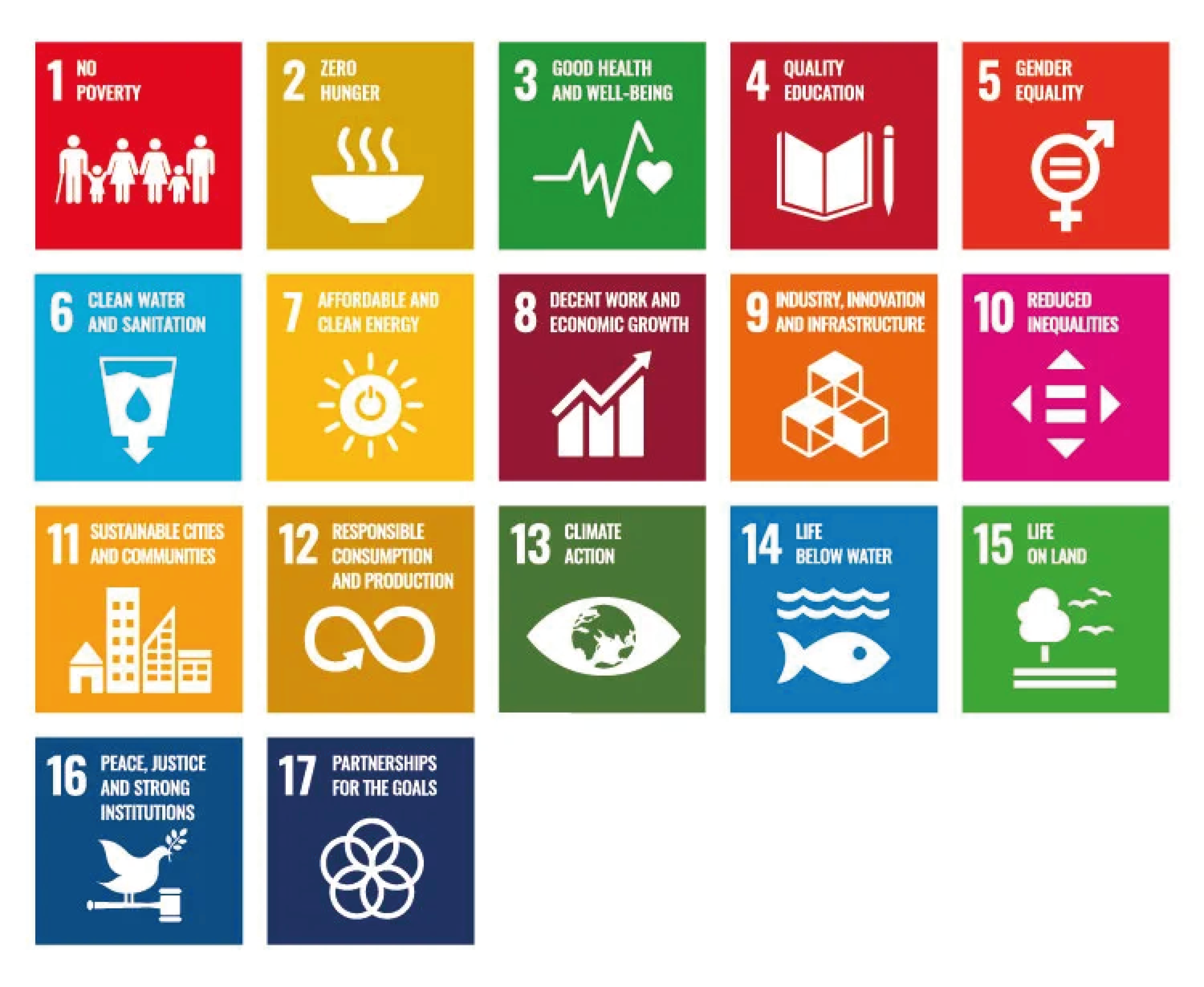
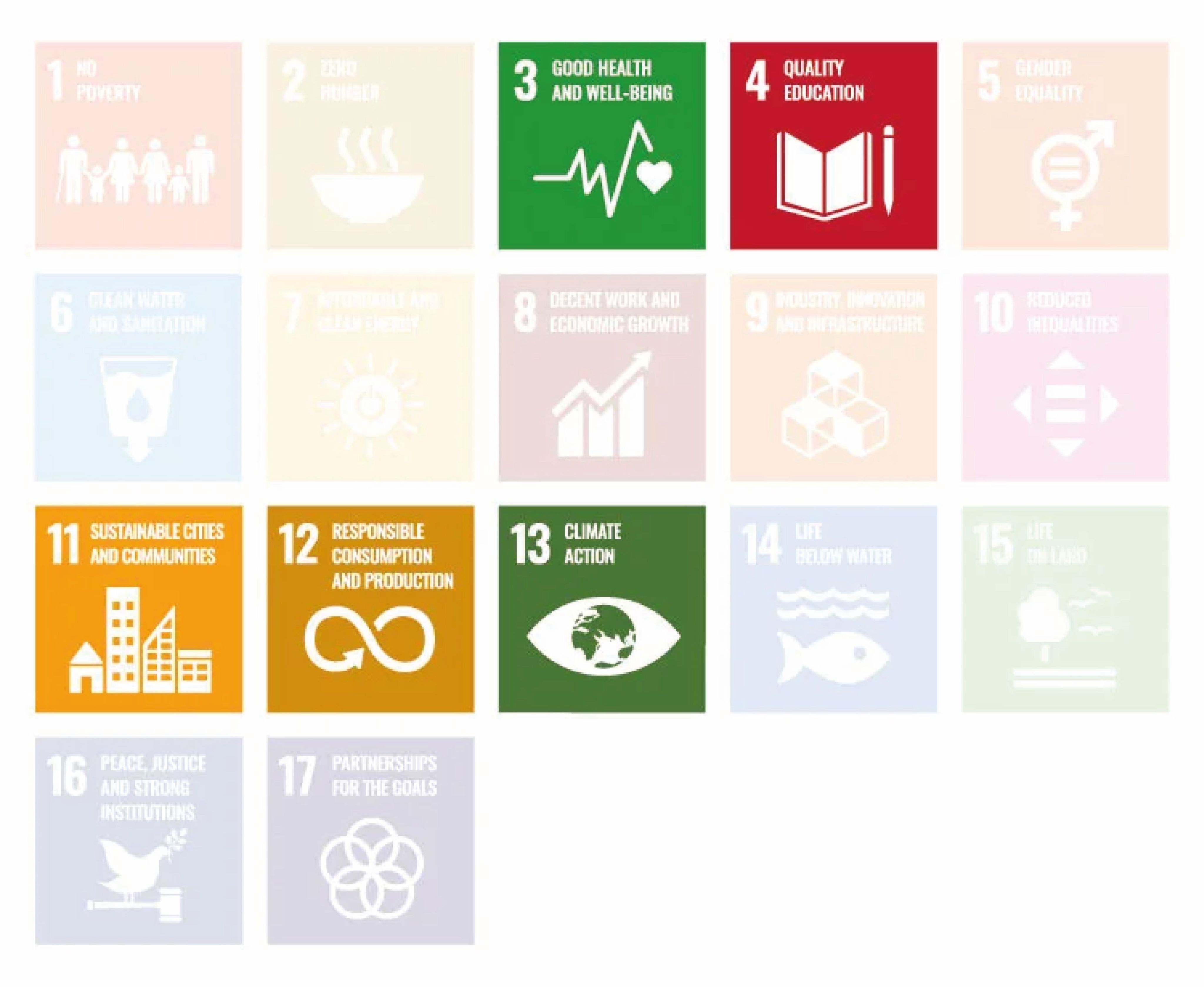
Quality Education
- Sustainability Clinic - 74 Undergraduate student volunteer participants, 9 Postgraduate Facilitator staff, and 10 community partners
- Carbon literacy courses - Trained 105 members of the UoY community, we have 8 certified internal carbon literacy trainers
- York Living Lab pilot - 5 student interns and over 250,000 interactions on social media
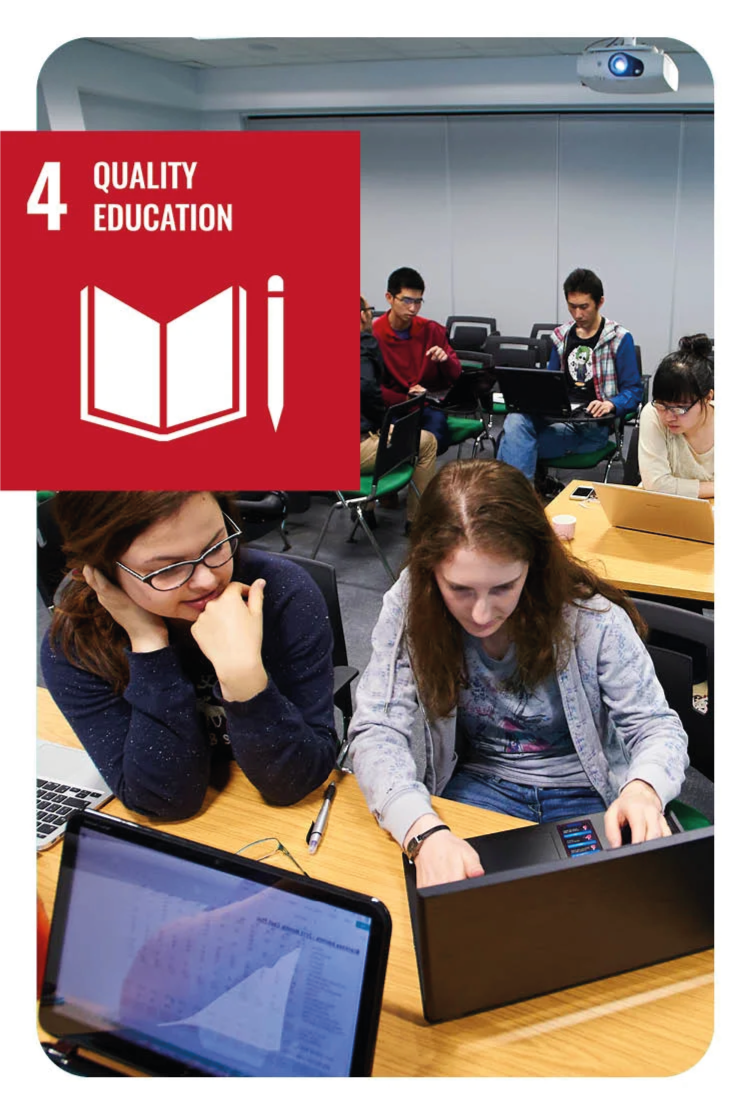
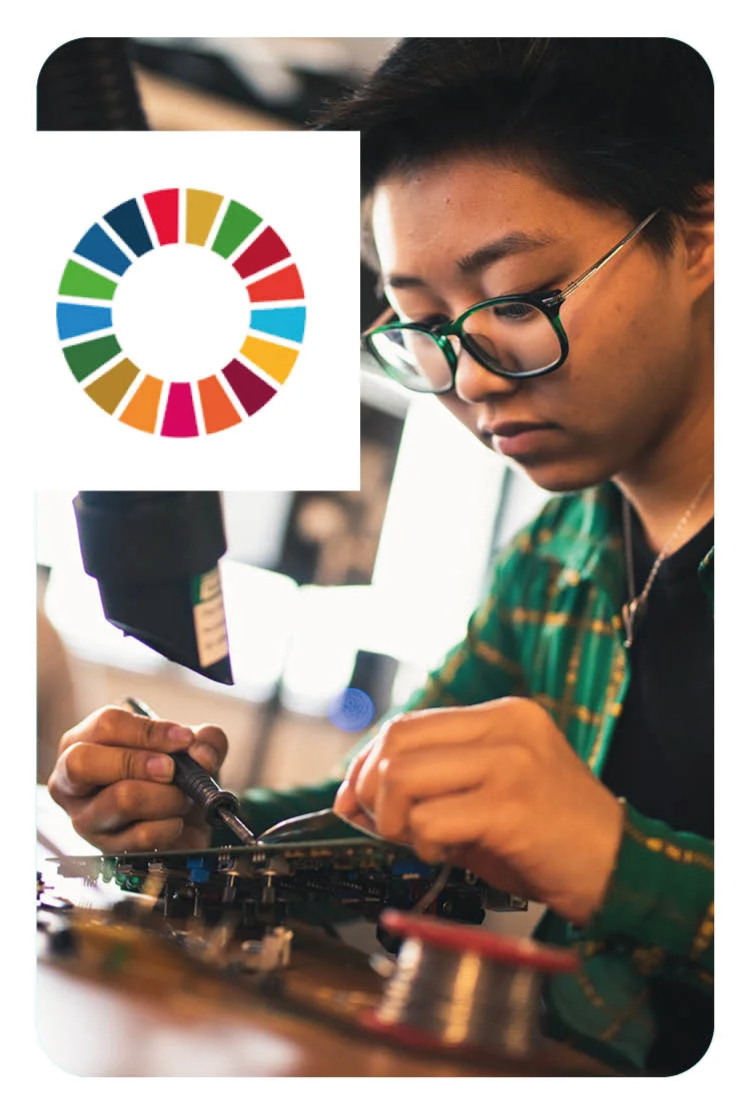
Sustainable Research
- New sustainability entity launched - £1.3m invested to cohere environmental sustainability across UoY, including YESI research Fellows and other ESAY activities
- THE Impact rankings - 7th out of 1438 institutions for SDG 17 Partnerships
- Code of Practice working group - Sustainable research travel - Piloting new TR2AIL tool for monitoring and reflecting on research-linked air travel emissions
Climate Action
- Carbon Figures - Scope 1 and 2 emissions = 22,896 tonnes CO2e (2021/22 figures) = 14% reduction against baseline
- Carbon Figures - Scope 3 = 53,775 tonnes CO2e (2020/21 latest figures) = 41% reduction against baseline (impacts from Covid restrictions, especially travel)
- Detailed supplier emissions analysis - 2,500+ suppliers
- Ecological baseline survey - 200 hectares of campus surveyed
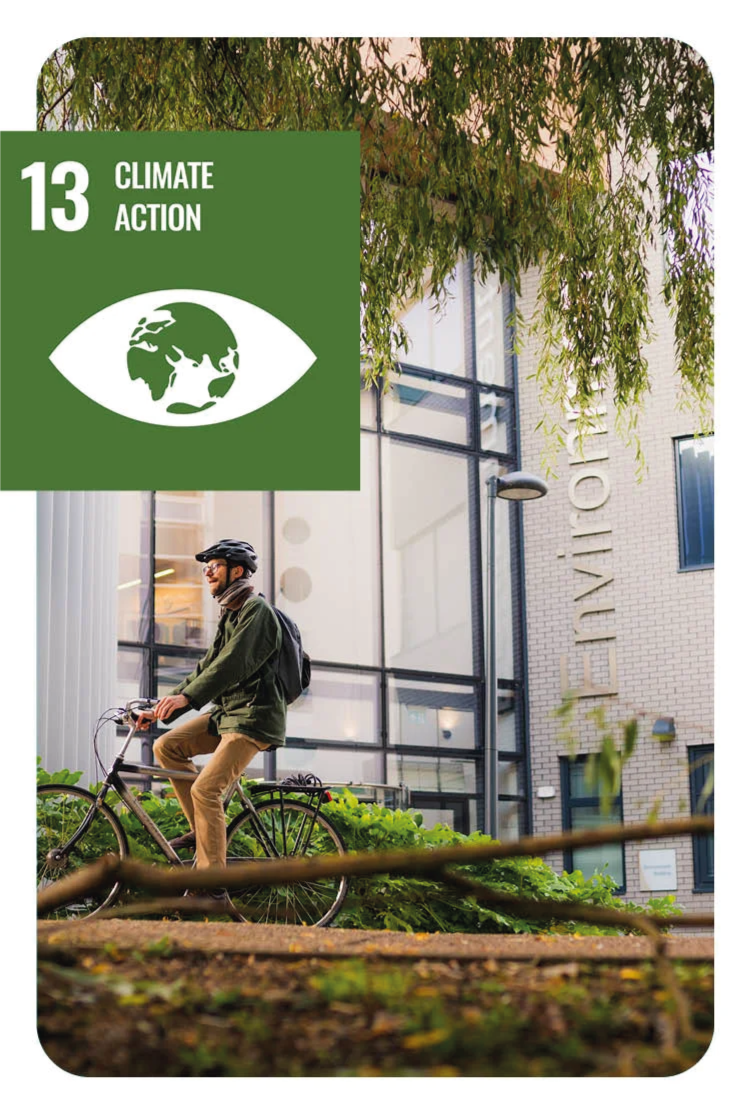
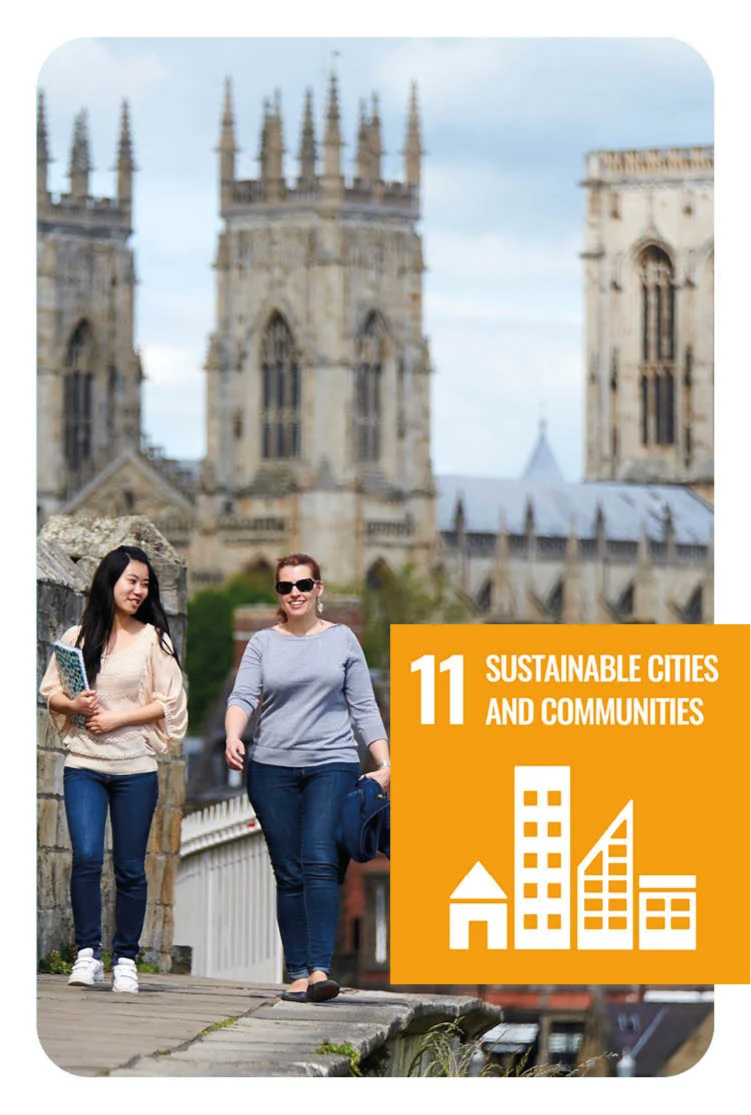
Sustainable Cities and Communities
- York Festival of Ideas - 39,400 global and local audience members for 197 hybrid format free events, including 10,600 attendees locally in person
- Member of Council climate and sustainability groups
- Guildhall Opening - Housing 17 local businesses, hosted 60 events, and over 2500 visitors through the doors for York Unlocked Festival alone
- Enterprise Works and Barclays Eagle Labs launched - A new business hub in York encouraging and supporting entrepreneurial activity
Responsible Consumption and Production
- Netpositive tool - 1106 suppliers registered with the tool
- Single-use coffee cup recycling - Approx. 12,533 cups recycled (assuming lowest number of average cups in each bag)
- Recycling rate - 53% for main waste
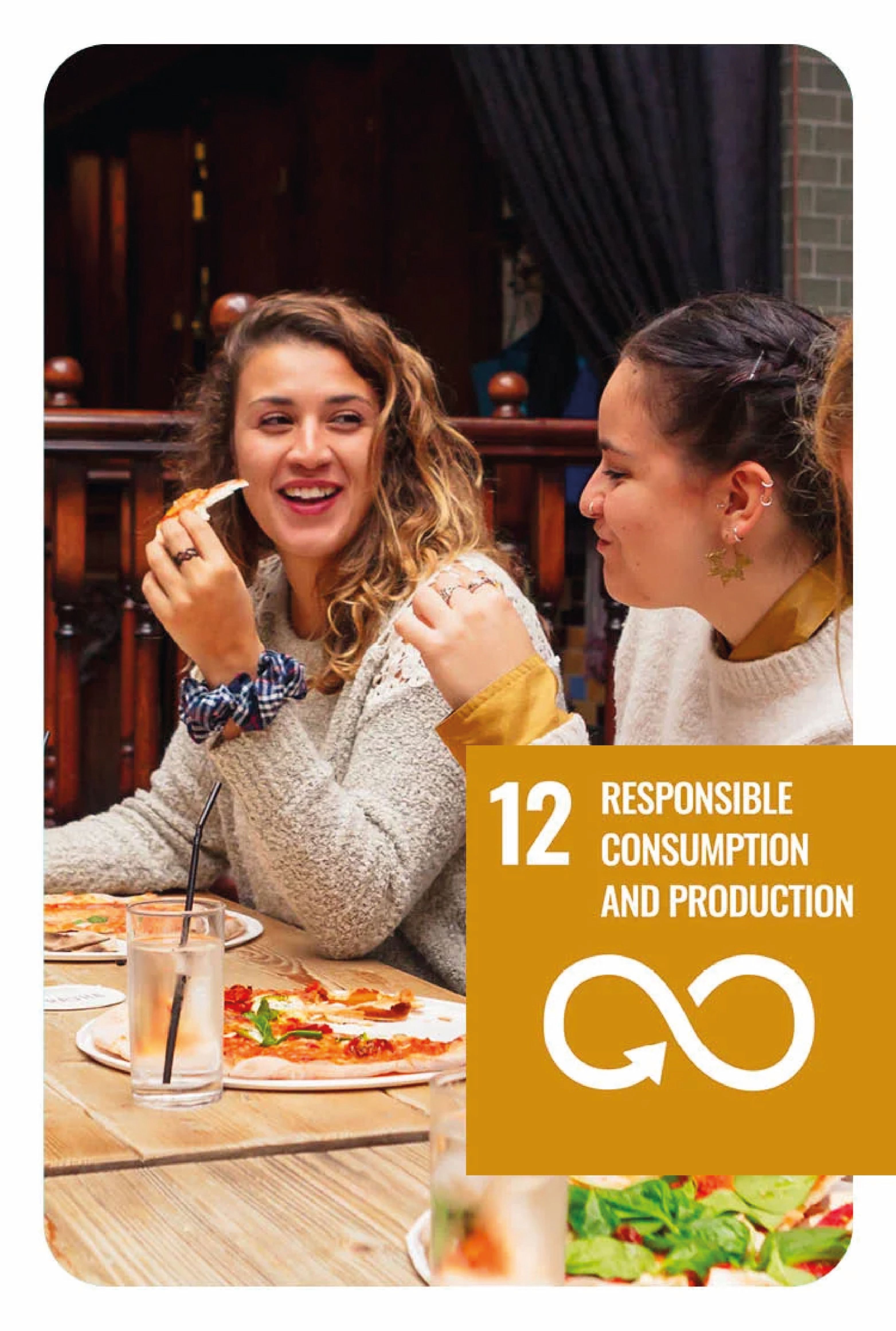
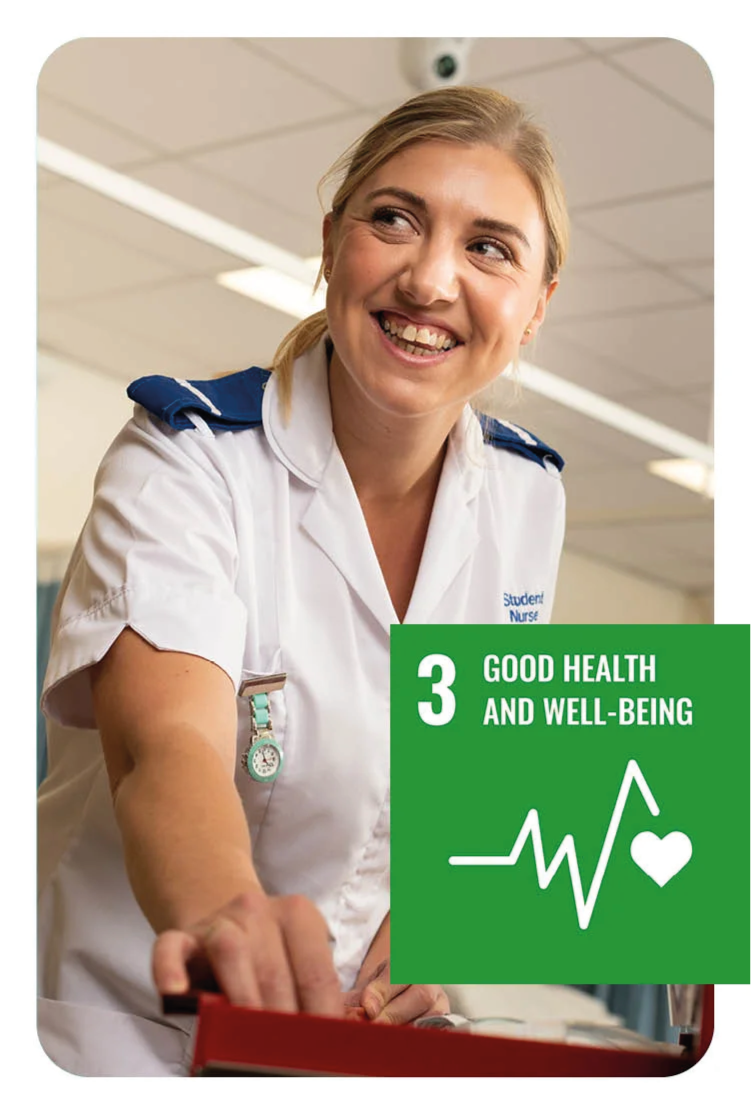
Good Health and Wellbeing
- Student Wellbeing Officers - 10 officers embedded within academic departments
- Real Living Wage - 988 staff members benefited
- York Sport Day of inspiration - Over 300 children from 7 local primary schools, where inactivity and food hunger are an issue, engaged in 9 different sports, as well as meeting international and professional athletes and saw the Rugby League world cup trophies
Sustainability Progress Tracker
We've tracked our 2021/22 progress against each of our Sustainable Development Goals (SDGs).
Find a detailed image showing this progress below. Alternatively, you can view the Google Document version of this tracker.
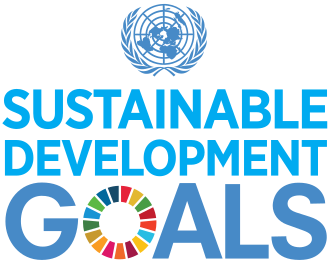
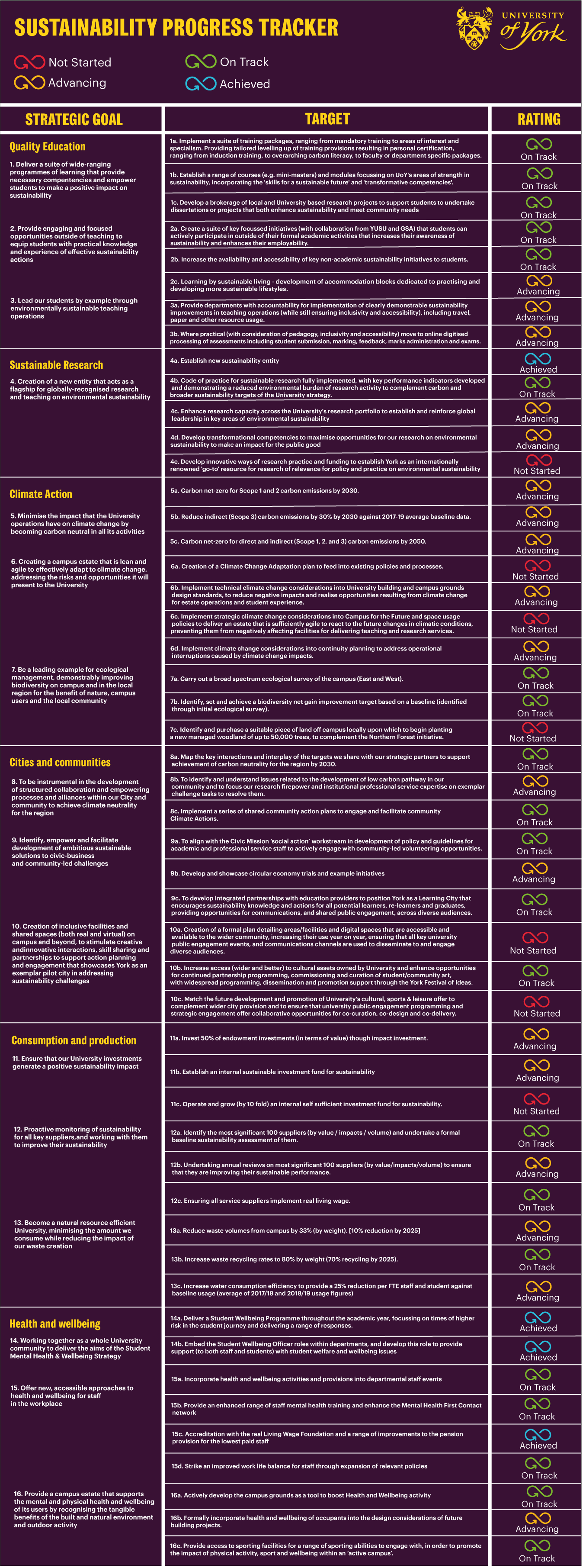
HOW TO GET INVOLVED
We all have a role to play in reducing our impact and creating a sustainable University. Collectively all of our small steps add up to significant action.
During the 2022/23 academic year there will be more opportunities for all University staff, students and stakeholders to get involved as we increase engagement activities and further progress actions towards delivering our Sustainability Plan.
To get involved, find out more, or just keep an eye out on future progress, please use the communication channels below.
Email: sustainability@york.ac.uk
Twitter: @UoYSustain
Instagram: @Uoy_sustainability
york.ac.uk/sustainability
facebook.com/UoYSustainability
